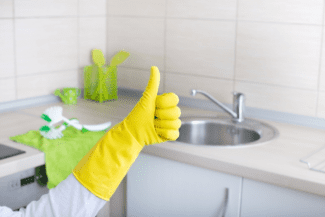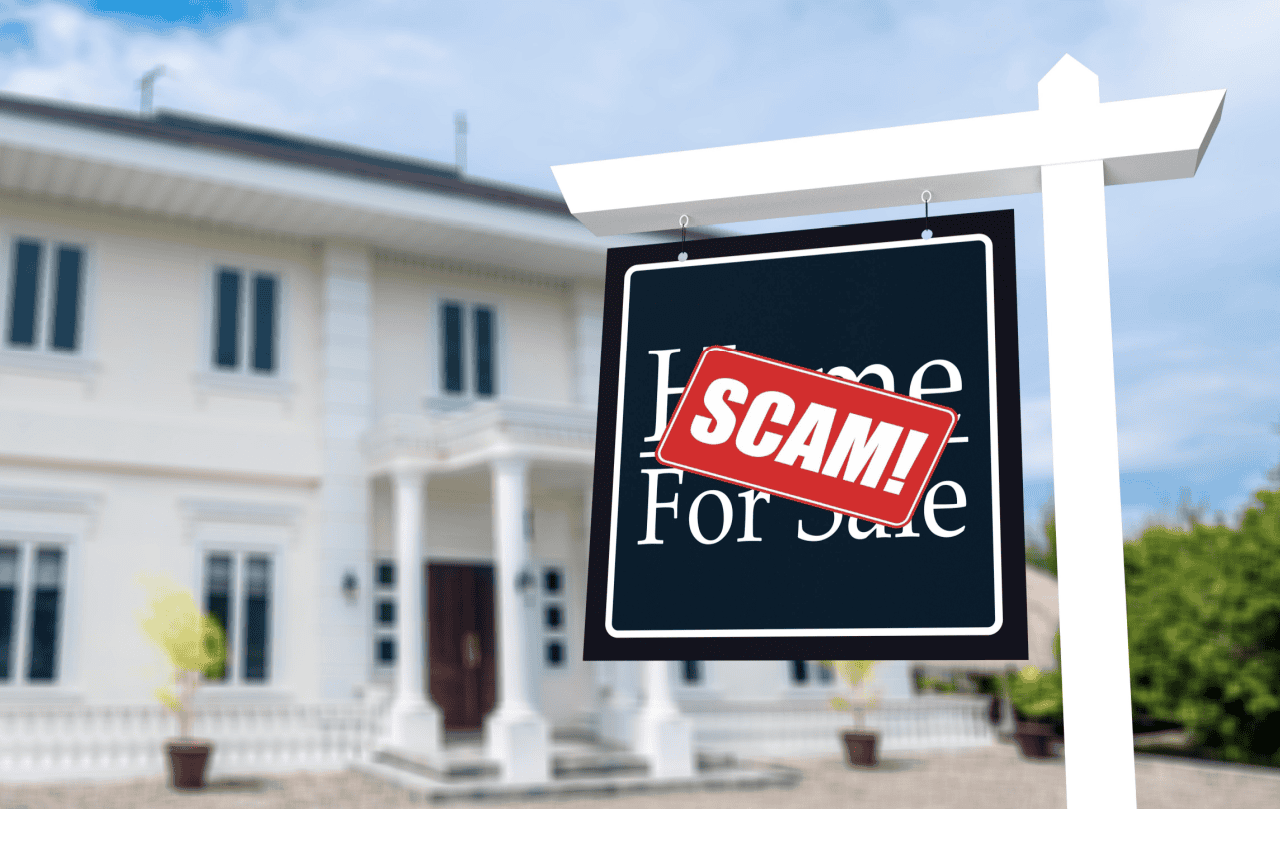Can a Landlord Put Professional Cleaning Fees in a Lease?
A recent question on Reddit in the legal advice forum had a Massachusetts tenant asking if their landlord could bill them for a professional cleaning fee after they moved out. The cleaning fee was not deducted from the security deposit, and the rental agreement allegedly stated that a cleaning fee would only be assessed if the unit was found to be in “unsatisfactory condition.”

Is the landlord acting lawfully here? Can you legally charge your tenant a cleaning fee for a rental unit, even if security deposit law says you cannot deduct for reasonable wear and tear? The answer is a bit more complicated than you might expect.
In this article we’ll look at what kinds of cleaning fees are okay, what kinds fall into a gray area, and how you should manage each approach.
Lawful: Deducting From the Security Deposit for Damage
The law is clear that charges for reasonable wear and tear may not be withheld from your tenant’s security deposit. But damage is another story. If your tenant’s dog chews up the woodwork (even if the dog is an authorized pet or support animal), you can charge for the repair of the damage. If the tenant smokes in a no-smoking unit, you can charge for the cleaning to get the smell out.
What you should know: security deposit law in Massachusetts is very strict. For repairs that you can deduct from the security deposit, you must provide an itemized list of damages within 30 days of the end of the tenancy. You need to provide receipts or invoices for the charges associated with the damage, and you need to sign that notice “under pains and penalties of perjury.” You also can’t deduct for any damages that were identified when the tenant moved in.
Gray Area: Adding a Cleaning Fee to Your Lease
The security deposit law covers deposits. It is unlawful to take any deposit beyond first and last month’s rent, a security deposit that does not exceed the first month’s rent, and the cost of re-keying the rental unit. However, the Flemming v. Greystar court case established that pet rent is not considered a deposit. Taking a separate pet deposit would be unlawful, but an increase in rent for having a pet is lawful.
How does this relate to cleaning fees? Taking a deposit for a deep clean at the start of the lease would be unlawful, as it is an extra deposit not allowed under Massachusetts law. Adding an end-of-lease cleaning fee could fall in the same bucket. Proceed with caution.
What you should know: state law prohibits landlords from using unfair or deceptive practices to rent out their units. If you are going to try to charge a cleaning fee at the end of the tenancy, this fact must be disclosed in the ads you take out seeking tenants. It must be disclosed again at lease signing, and noted in the lease, and then disclosed again when you send that final bill. (We doubt the landlord in the Reddit case was this thorough.) To our knowledge, this has not yet been tested in court, so talk with an attorney before going forward.
Paying Too Much For Insurance?
Get a FREE quote to insure your rental properties for less.
Gray Area: Issuing a Unilateral Cleaning Invoice
You can deduct from a security deposit for issues beyond reasonable wear and tear, and you may be able to add a cleaning fee to your lease (again, this has not been tested in court). But should you issue your former renter an invoice for cleaning the unit after they leave?
This is another gray area because the security deposit law would certainly not let you deduct a regular cleaning fee from the security deposit. A dirty kitchen floor, messy carpets, windows with smudges, etc., would all fall under the category of reasonable wear and tear. A separate invoice, if they don’t leave the place clean, may be legal to send out but hard to collect on. It may be possible, if you mentioned the potential for billing in the rental ad and lease agreement, and then wanted to take your tenant to small claims court to collect. That may be more trouble than it’s worth.
Operators familiar with short-term rentals may be thinking, “If I can charge a cleaning fee on Airbnb, then I can charge a cleaning fee in a long-term rental.” Short- and long-term rentals are not the same in Massachusetts. And remember also that on Airbnb in particular, cleaning fees are disclosed in the ad.
Can a Landlord Really Report a Tenant to a Credit Bureau?
So, what about our landlord mentioned in the Reddit thread? Is that tenant really at risk of getting reported to the credit bureaus if they don’t pay the cleaning invoice?
We don’t know the whole story, of course, but it’s likely the landlord in question is bluffing. The RentHelper software we helped develop reports on-time payments to the credit bureaus, and we get each user’s explicit permission to do so when they enroll. You cannot send someone an invoice and then just report them to the credit bureaus if they don’t pay it without some kind of prior permission from them. This landlord is not likely to be able to ding their former tenant’s credit score if they don’t pay the invoice.
The landlord may be able to take the former renter to small claims court over the invoice. Success would depend on whether the cleaning fee was a lawful lease clause the tenant agreed to. If the landlord followed the steps we detailed above, then maybe (and then we’d have court precedent for cleaning fees in the lease). We’re assuming the place was not left in shambles, because the landlord could have deducted the repairs from the security deposit.
Conclusion
Cleaning fees in the lease are likely okay as long as you disclose them from the very first advertisement through the end of the tenancy, but this has not played out in court. Make sure you run this by your attorney if you’re thinking of going this route. And as always, follow the security deposit law to the letter, make sure you have your conditions statement, and don’t deduct from the deposit for cleaning. This way you’re better covered if you walk into a disaster when the tenancy ends.
Source: MassLandlords.net















 Accessibility
Accessibility